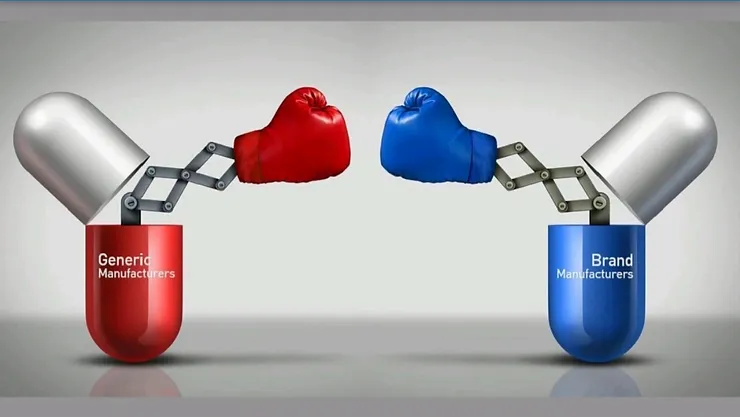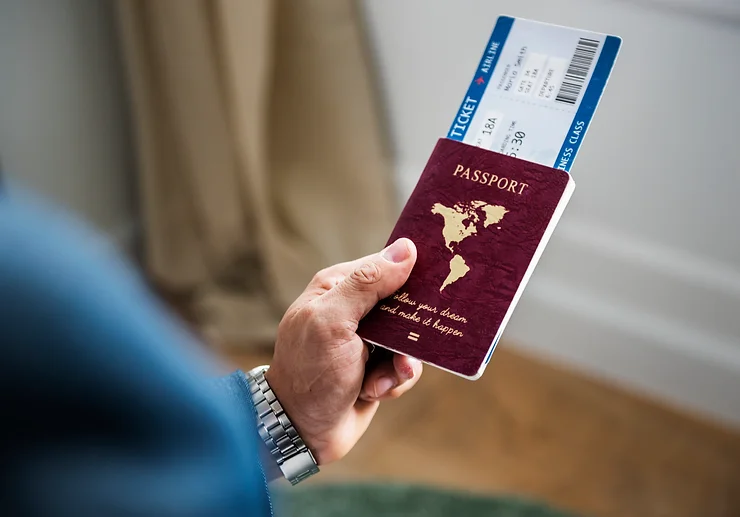INTRODUCTION Intellectual Property is the work of human creativity. His intellect mind creates a creative Property to which an intangible right is given know as Intellectual Property Right. The main motivation for its protection is to promote the creative work, via intellect mind presenting in form of a creation. It relates to pieces of information which can be incorporated in tangible object. Intellectual property is something that you make in a tangible form, you create a unique thing form as a product. Thereafter you have two options you: This is where Intellectual Property Right steps in. It protects the value of that idea that you put on to make that product. Let’s say you had a day dream you get the idea and you believe that you can do it. Example it be a Toy. You will imagine it , make a shape of it in form of prototype that will be your design, later by that a tangible product come to appear in front of a world, here the IPR steps in. you name that toy , that will be TRADEMARK, or you can COPYRIGHT the design and if you have made new changes in the mechanism which should not be an obviousness then you can have a PATENT. Worldwide patent movement, built around multinational corporations (MNCs) and some governments of the developed world, with the assistance of some International Treaties such as Trade Related Aspects of Intellectual Property Rights (TRIPs), the Patent Co-operation Treaty, the Substantive Patent Law Treaty and the like, seems to establish an inflexible patent system where patents of 20 years run time have to be given for any invention in any field of technology. This development being part of ongoing process of globalization has produced some undesirable results, at least in some states or regions of the world. It has created difficulties in promoting health and safety of products moving across borders such as food stuffs pharmaceuticals, machinery and appliances, and also increased the power of non-governmental organizations and their capacity to operate on a global economy while ignoring particularly of a national governmental regulatory protection. In the case of Telemecanique and Controls (I) Ltd v. Schneider Electric Industries observed that patent is an exclusive right, which the inventor has over his invention as a reward in return of the disclosure of his invention to the public for the benefit of the society. The exclusive right of the inventor over his invention includes his right to assign his invention or transfer any interest in his invention in favour of any other person in consideration of monetary gain. Thus “a monopoly of the patent is the reward of the inventor”. A patent is literally a monopoly, as a patent owner enjoys the right of exclusive sale for the term of the patent. The right to a monopoly has been said lo he “the very foundation of the patent system. The essence of a patent owner’s statutory monopoly has been said to be the right to invoke the state’s power to prevent others from utilizing invention without the patent owner’s consent. Compulsory License Compulsory License below Indian legal provisions The Patents Act, 1970 amended in 2005 has elaborate provisions on Compulsory licensing in Chapter XVI (Sections 82 to 94). These provisions together with rules explains the grounds and procedure to be followed by applicants seeking Compulsory license, the grounds available to use for Compulsory license, the due considerations and procedure to be followed by patent office whereas deciding the Compulsory license grant, grant of compulsory license below extreme and emergency situations, for purpose of commerce generic medicines and the power unconditional with the govt to use the proprietary invention for its own use. Kalman v. Kimberly-Clark Corp.[1]Was an appeal from the judgement of the district court holding claims of Kalman us patent entitled “Filtering Process and Apparatus”, valid and infringed by Kimberly- Clark Corp. The Kalman patent describes and claims a process and apparatus for filtering a heat softened substance. The Principle Prior art refence relied upon which is not listed in the Kalman patent, is a US patent issue to Moziek for an “Apparatus for Extruding Thermoplastic Material”. Under Article 27(1) of TRIPs, patents can have to be compelled to be provided for inventions, that square measure “new, involve a creative step and are capable of business application”. TRIPs but will not outline these terms. This provides some flexibility. Article 31 of TRIPs coping with Compulsory licensing will not place any restriction on the grounds below that a compulsory license is often granted. Generic Medicine Generics are medicines on that patents have expired they’re sold either as branded merchandise or as unbranded merchandise underneath their generic names. These generic names ar internationally united short names known as International Non-Proprietary Names. for instance, paracetamol is that the name for a pain relieving and fever reducing medication and Crocin is one brand of paracetamol. For the needs of this text, we’ll visit unbranded generics merely as generic medicines. Cipla may be an image across the globe of all that Republic of India has achieved with its policy of self-reliance in technology, domestic production and also the provision of life-saving medication to its individuals. It represents the aspirations of the country and its lawmakers United Nations agency invested with and designed a generic trade to confirm that it had the technology to manufacture reasonable essential medicines for its individuals. Generic firms like Cipla are currently at great risk of being incorporated and purchased, changing into a part of international pharmaceutical companies like Pfizer, GlaxoSmithKline, Merck or Bristol-Myers Squibb. they could not play a job in meeting the general public health desires of the developing world, however merely be transnational pharmaceutical business whose sole aim appears to be to come up with supra-normal profits for its CEOs and shareholders. Conclusion [1] 713 F 2d 760: 218 USPQ (BNA) 7 18 (Fed Cir 1983)










